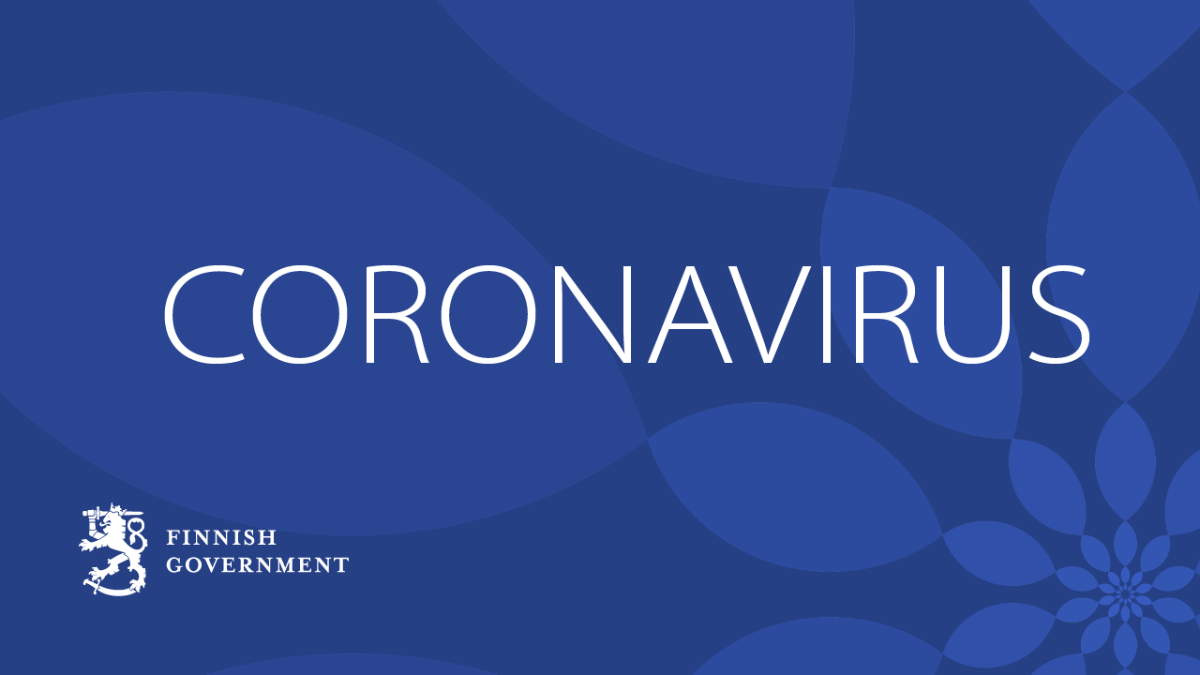Government updates Finland’s coronavirus strategy: Possible to dismantle restrictive measures in a gradual and controlled manner

The Government met today, 22 April, to update Finland’s coronavirus strategy for preventing the spread of COVID-19, after having consulted experts for their assessments of the situation.
The Government’s aim continues to be to prevent the spread of the virus, to safeguard the capacity of the healthcare system and to protect people, especially those who are most at risk.
The efforts to curb the progress of the epidemic in Finland have been successful so far. Consequently, the Government considers that Finland can transfer gradually and in a controlled way from a situation in which there are extensive restrictive measures in society to one in which the epidemic is managed through enhanced measures, in line with the Communicable Diseases Act. However, the restrictive measures cannot all be lifted at once, because the situation is still serious.
Alongside the controlled dismantling of restrictive measures, Finland’s composite strategy focuses on testing, tracing, isolating and treating. The progress of the disease can be impeded through extensive testing, effective contact tracing of identified infections and chains of transmission, isolating those whose are ill and quarantining those who have been exposed.
As part of this composite strategy, the Government is continuing with preparations to introduce a mobile application for use in managing the epidemic. A precondition is that the application must be voluntary and must ensure privacy protection.
The preparation group led by Permanent Secretary Martti Hetemäki is to draw up a plan by 1 May for exiting the restrictive measures in a timely manner and for moving to the next stage in curbing the progress of the disease. The Government is to meet on 3 May to discuss the matter.
The preparation group’s proposals concerning education establishments and early childhood education and care will be presented in such a way that decisions on the continuation of restrictive measures can already be taken before the start of May. This will ensure that education providers have time to make preparations for arranging contact teaching if necessary.
The Government will closely monitor the impact of the decisions made on the progress of the disease, and is ready to take further measures as necessary if the situation warrants this.
The Government has decided that public events and gatherings of more than 500 people should continue to be banned until at least 31 July. Under the Communicable Diseases Act, the Regional State Administrative Agencies can prohibit public events and gatherings for no more than one month at a time. As far as events in late summer and early autumn are concerned, an assessment will be made no later than the start of June.
Inquiries: Päivi Anttikoski, Director of Government Communications, tel. +358 40 536 4821